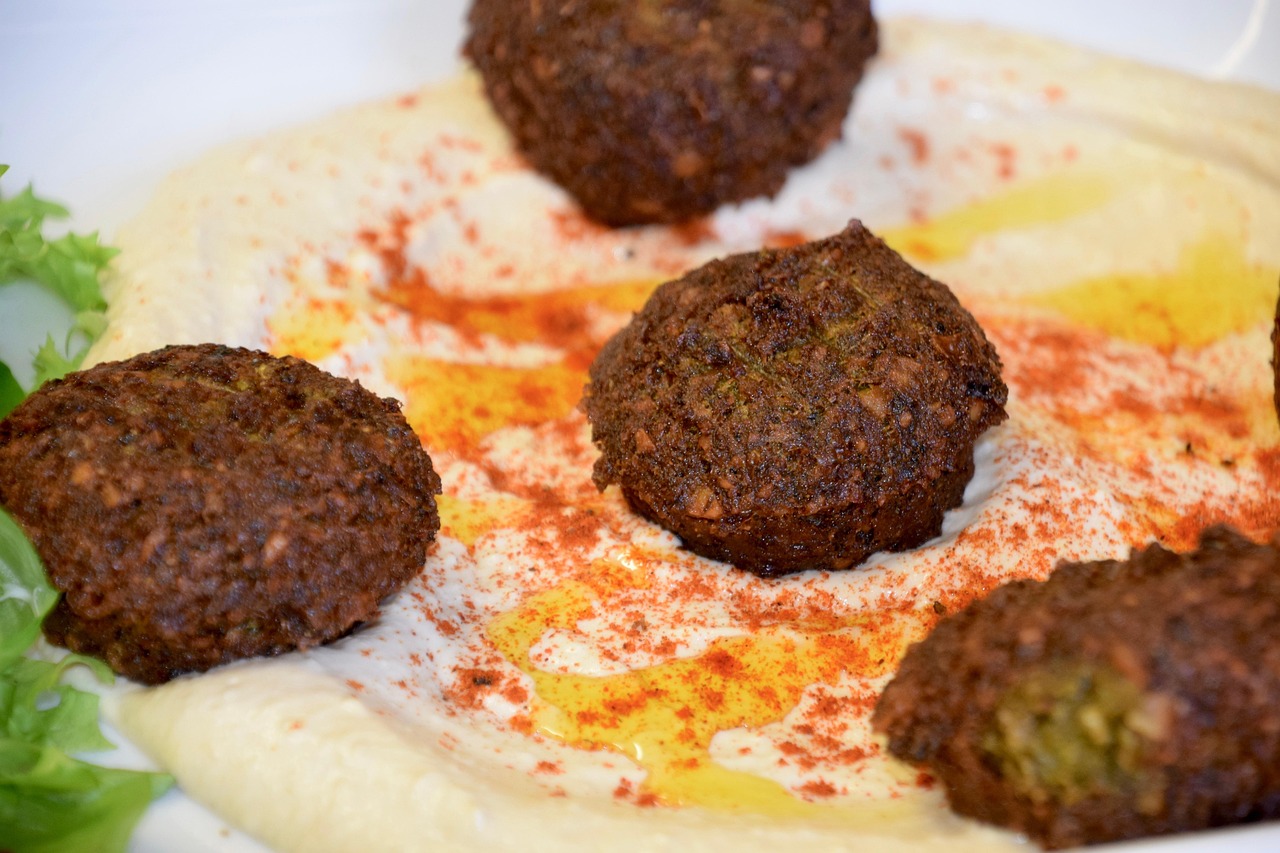A Deep Dive into the Art of Modern Israeli Cuisine
The world of gastronomy is a vast and diverse landscape, and within it, Modern Israeli Cuisine shines as a beacon of fusion and innovation. A melting pot of numerous cultures, Israeli cuisine has been influenced by the culinary traditions of Jewish immigrants from over 80 countries, as well as by local Arab cuisine, leading to an extraordinary blend of tastes and techniques.

The Birth of Modern Israeli Cuisine
To fully appreciate Modern Israeli Cuisine, it’s essential to understand its roots. Jewish immigrants brought with them a myriad of culinary traditions, and these fused with Arab influences and locally available ingredients to create a unique cuisine. This evolution took decades and was influenced by the changing socio-political landscape of the region. The result is a cuisine that celebrates the diversity of Israel’s population.
Notable Dishes and Ingredients
Modern Israeli Cuisine is characterized by its use of fresh vegetables, olive oil, lean proteins, and a variety of grains. Hummus, falafel, and shawarma are well-known, but there’s much more to discover. Shakshuka, a dish of poached eggs in a spicy tomato sauce, is a breakfast favorite, while the use of za’atar, a blend of dried herbs, sesame seeds, and sumac, adds a distinctive flavor to many dishes.
The Influence of Israeli Chefs
Israeli chefs, both in Israel and abroad, have played a crucial role in promoting Modern Israeli Cuisine. They have elevated traditional dishes to gourmet status, experimenting with ingredients and techniques. Chef Yotam Ottolenghi, for instance, has gained international fame with his vegetarian-focused approach and his innovative spin on traditional recipes.
Israeli Wine - A Rising Star
It’s not only about food; Israeli wine is also gaining recognition. Despite a winemaking history that dates back to biblical times, Israel’s wine industry has experienced a renaissance over the last few decades. Today, Israeli wines receive high ratings from critics and are an integral part of the country’s culinary expression.
Intriguing Insights
- Modern Israeli Cuisine is a reflection of the country’s multicultural society, with influences from North Africa, the Middle East, Eastern Europe, and the Mediterranean.
- Israeli breakfasts are traditionally savory and hearty, often featuring eggs, salads, and a variety of cheeses.
- Pomegranate, dates, figs, and olives, often referred to as the ‘Biblical Seven Species’, feature prominently in Israeli cooking.
- Israeli wines are crafted from a broad range of grape varieties, including Cabernet Sauvignon, Merlot, Syrah, and indigenous varieties like Marawi and Dabouki.
Exploring Modern Israeli Cuisine is like embarking on a culinary adventure, where each bite tells a story of diverse cultures, ancient traditions, and innovative approaches. Whether you’re trying a traditional dish or sipping a glass of Israeli wine, you’re participating in a gastronomic movement that celebrates diversity and unity in a uniquely delicious way.




